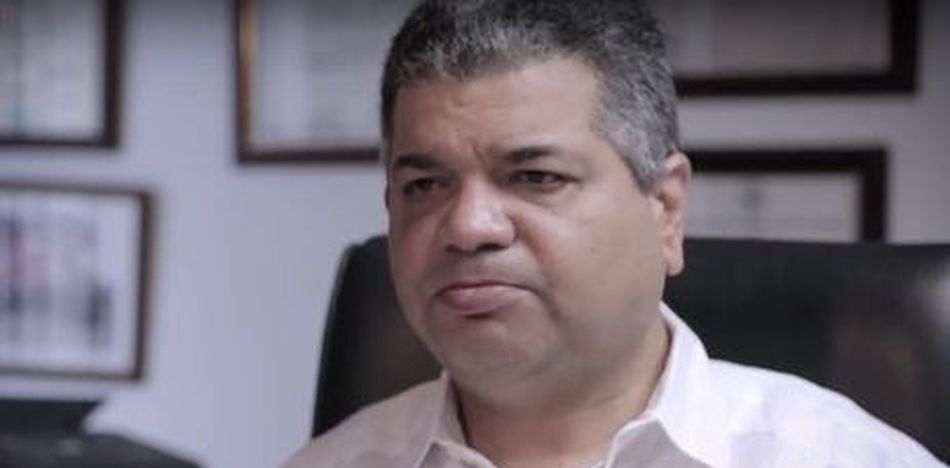
EspañolPanama has implemented stronger border restrictions amid a continuing wave of illegal Cuban immigrants, who the government has been deporting in massive numbers. Panama’s Director of Immigration Javier Carrillo Silvestri has had to defend his actions to combat the crisis, arguing recently that he does not discriminate against Cubans, but rather has an obligation to continue fighting illegal immigration.
“Any Cubans who want to come here are welcome,” Carrillo said, “but we are asking them to do it in an organized fashion, to do it legally, in order to avoid human trafficking.”
According to Carrillo, any Cubans who enter Panama without proper documentation will be deported, but not because Panama doesn’t welcome people from Cuba. Illegal immigration, he said, is a crisis in the country.
“Panama doesn’t have a problem with Cubans coming in, but it has to be in the right way because we can’t be contributing to disorder,” he said. “We have a lot of poverty here. We have a lot of humble people who also need humanitarian help. We can’t be distributing all of our resources to immigration issues.”
Panama reportedly grants 500 visas per month to the consulate in Havana, Cuba — a privilege no other Caribbean country has.
“These people enter and leave the country without any problems,” Carrillo said. “Panama is not closing the door on Cubans. Panama is closing the door on illegal immigration, no matter who is doing it. It makes no difference.”
- Read More: Cuban Regime Takes Swipe at OAS Following Helicopter “Coup Attempt” in Venezuela
- Read More: Trump’s Cuba Rollback is Paving the Way for Age of “Principled Realism” in Foreign Policy
The immigration crisis started in 2015 when Nicaragua closed its borders to immigrants. Since then, more than 40,000 undocumented Cubans have entered the country. Panama officials worked to make a humanitarian contribution to the crisis, but it’s difficult to provide a home when so many immigrants arrive without proper documentation.
“We decided that we can’t be the travel agency for illegal Cuban immigrants, because that is not the state’s job,” Carrillo said. “We closed the borders and began to negotiate a deportation agreement with the Cuban government because at the time we did not have one.”
The Panamanian government signed a deportation agreement in Havana on March 1, during the fourth round of immigration talks between the two countries.
Source: El Nuevo Herald.
 Versión Español
Versión Español












